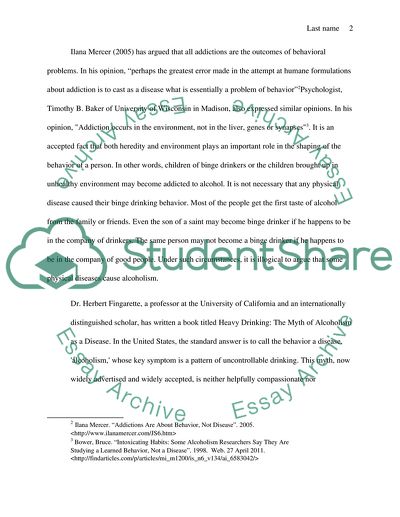Cite this document
(“Alcoholism: Disease or Behavior Research Paper Example | Topics and Well Written Essays - 2000 words”, n.d.)
Retrieved from https://studentshare.org/health-sciences-medicine/1419083-alcoholism-disease-or-behavior
Retrieved from https://studentshare.org/health-sciences-medicine/1419083-alcoholism-disease-or-behavior
(Alcoholism: Disease or Behavior Research Paper Example | Topics and Well Written Essays - 2000 Words)
https://studentshare.org/health-sciences-medicine/1419083-alcoholism-disease-or-behavior.
https://studentshare.org/health-sciences-medicine/1419083-alcoholism-disease-or-behavior.
“Alcoholism: Disease or Behavior Research Paper Example | Topics and Well Written Essays - 2000 Words”, n.d. https://studentshare.org/health-sciences-medicine/1419083-alcoholism-disease-or-behavior.


